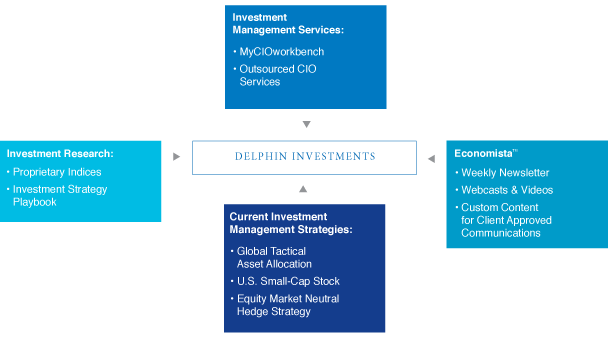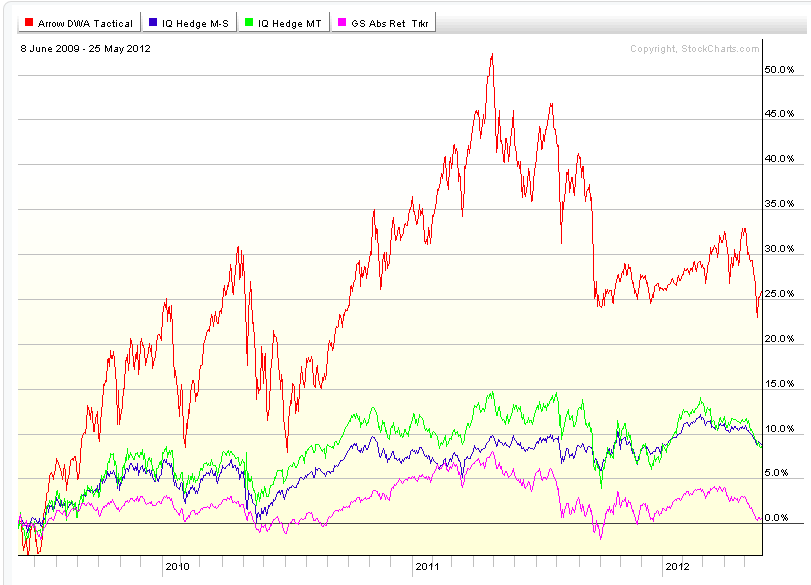Alpha Strategies A Mutual Fund Using Hedge Fund Tactics
Post on: 29 Июнь, 2016 No Comment

Exclusive FREE Report: Jim Cramer’s Best Stocks for 2015.
Pretty soon they’ll start giving away free toasters.
As hedge funds seek to develop more accessible products to investors with some $1 million to $5 million in net worth, more and more funds are breaking from the traditional secrecy and voluntarily creating funds to register with the Securities and Exchange Commission.
The newly registered Alpha Strategies I fund moves hedge funds even more into the mainstream. Alpha Strategies will employ hedge fund tactics while operating as a traditional, open-end mutual fund.
Alternative Investment Partners, a firm established by two executives from Kinetics Asset Management, says in its SEC registration that its Alpha Strategies I fund will strive for absolute returns using a variety of hedge fund strategies, such as event-driven, relative value, arbitrage, long/short equity, distressed securities and high yield.
A flurry of such offerings was expected back in late 1997 when the Internal Revenue Service’s so-called short-short rule was lifted. The short-short rule prohibited traditional mutual funds from earning more than 30% of their annual gross income on securities held fewer than 90 days. That translated to virtually no options trading, short-selling, arbitrage or other plays that require nimbleness. Funds that didn’t comply with the rule were slapped with a 35% corporate tax bill on the fund’s entire gain, as well as a tax on the dividends paid to shareholders. (Funds that complied were able to pass the capital gains on to investors, who then paid ordinary income tax on the distribution.)

But despite the much-anticipated killing of the 60-year-old rule, the market wasn’t exactly flooded with new mutual funds employing these short-term hedging techniques. Then again, the rule was repealed during a booming market, when going long was a pretty good idea.
We’re definitely seeing much more of these types of funds now, says Scott Cooley, a senior analyst with Morningstar. One reason is that they’d have to be managed really incompetently to not have better returns than their long peers.
Like many hedge funds, most mutual funds tend to specialize in one particular hedging strategy. The successful stalwart Merger Fund (MERFX ) MERFX. for instance, specializes in merger arbitrage. In other words, the Westchester Capital Management fund buys the shares of the targets of announced mergers and acquisitions and frequently shorts their suitors’ stocks. While the fund suffers in low-dealmaking environments such as this one (its down 4.29% in the past year), it has a low correlation to the market and a good long-term track record — its three-year and 10-year returns are 7.59% and 10.36%, respectively. The fund, which had been closed for a number of years, reopened to new investors in October 2001.














